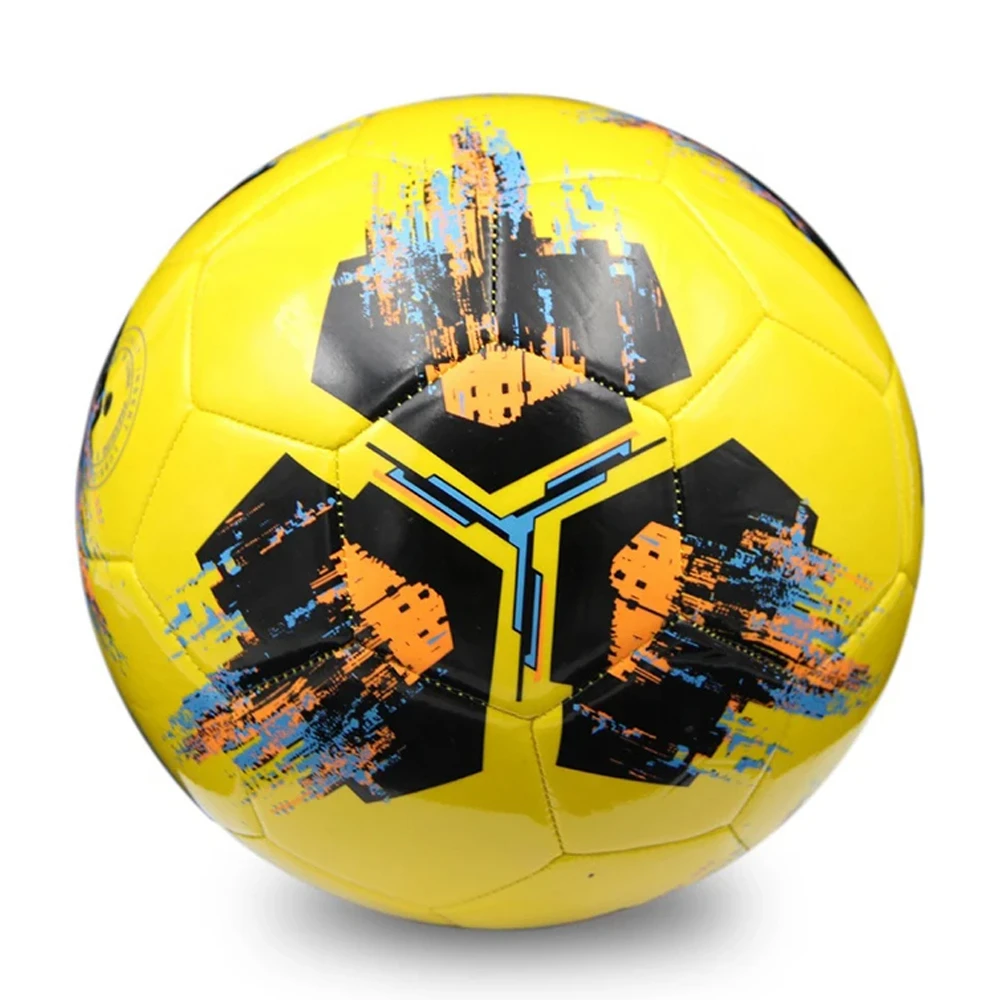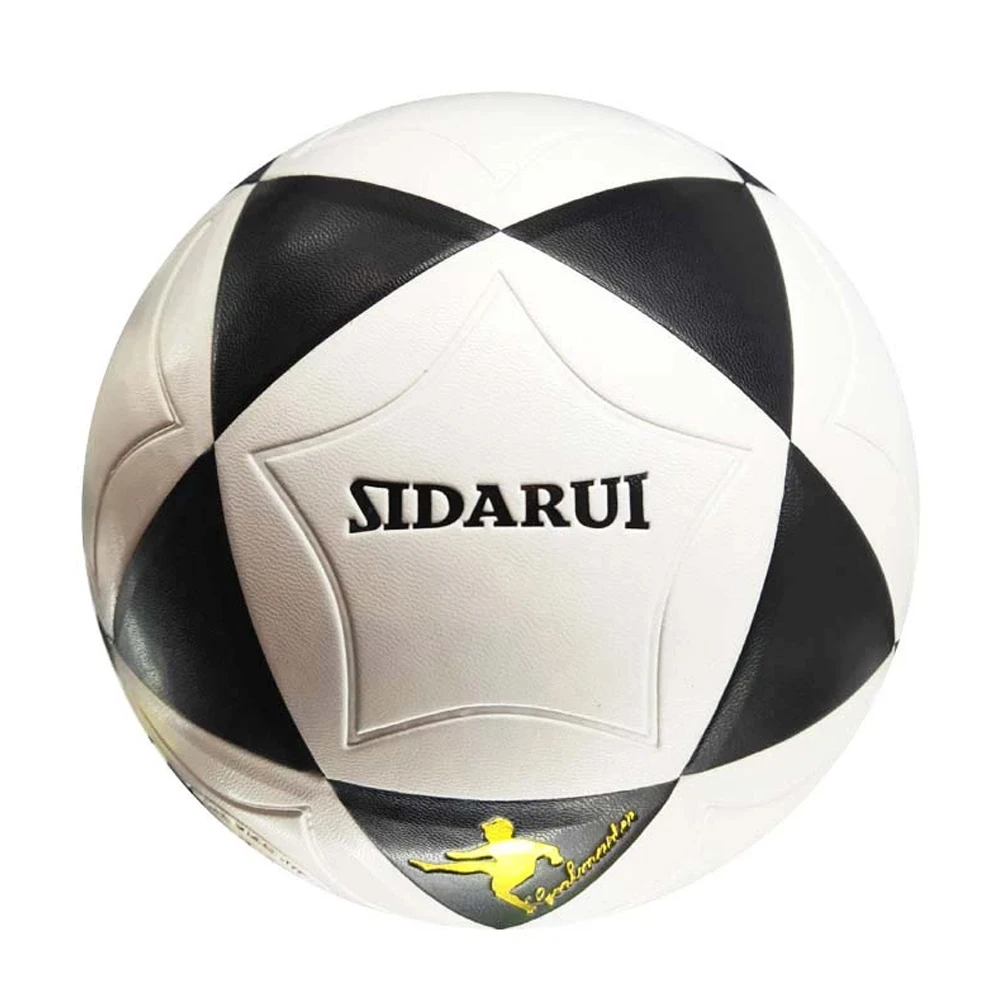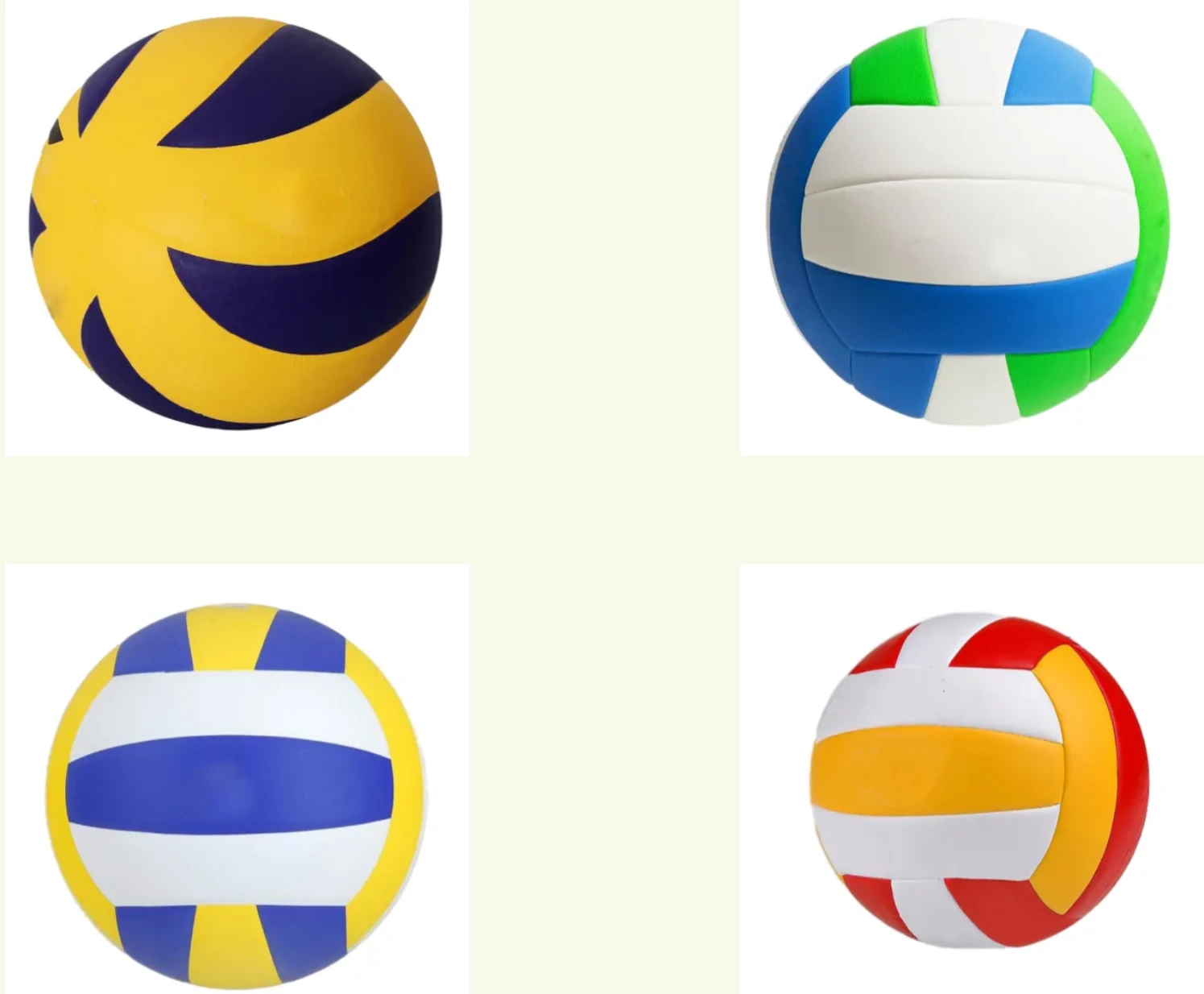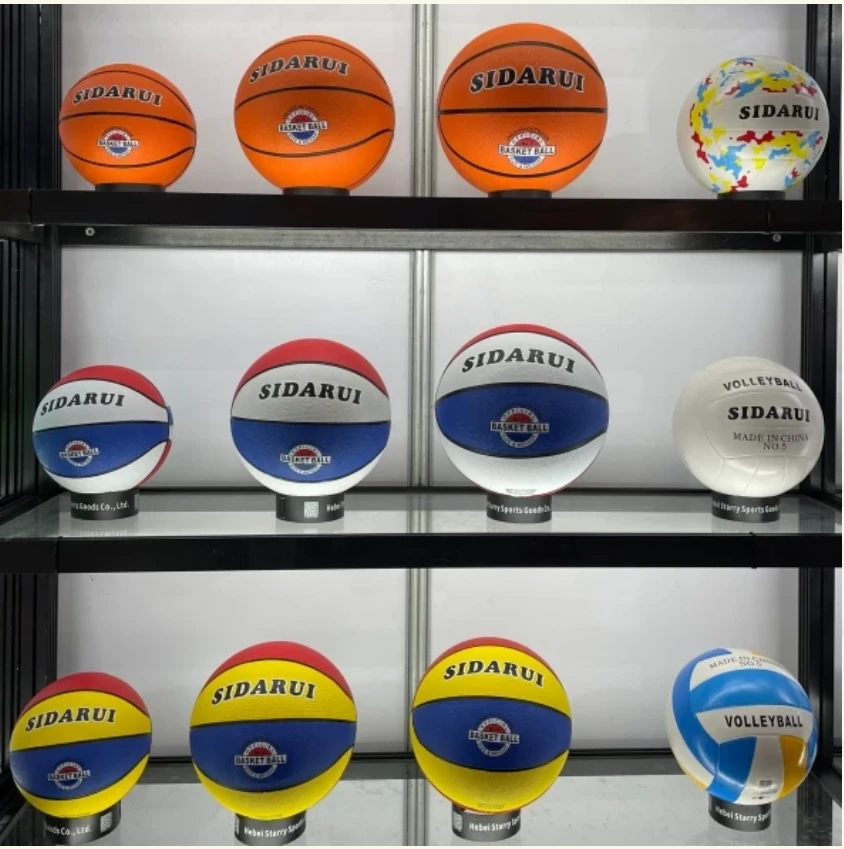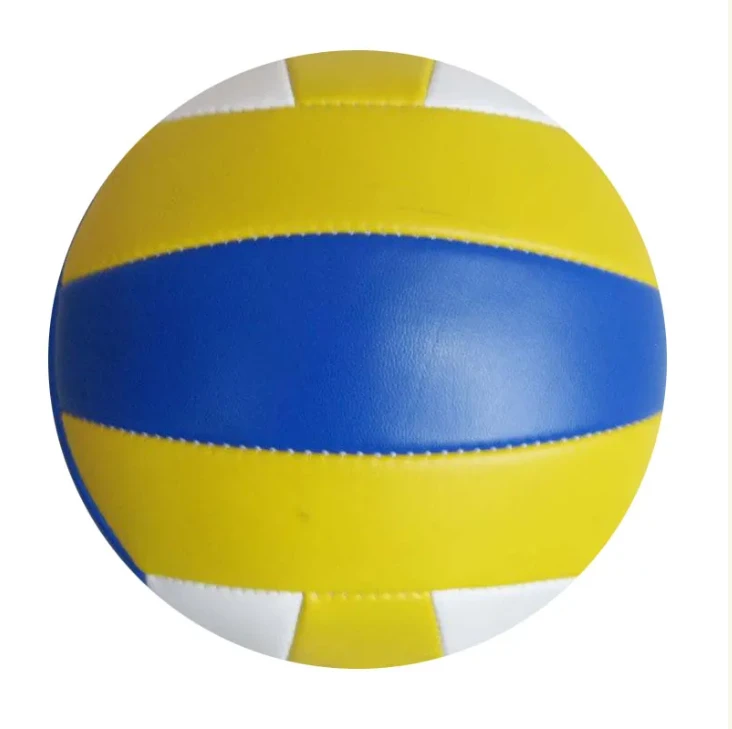Finding the right volleyball wholesale suppliers is crucial for sports retailers looking to offer quality products and competitive prices. Experience in the sports equipment industry shows that a strategic approach to selecting suppliers can significantly impact both sales and customer satisfaction. Here's a comprehensive guide based on industry expertise to help ensure you find authoritative and trustworthy volleyball wholesale partners.
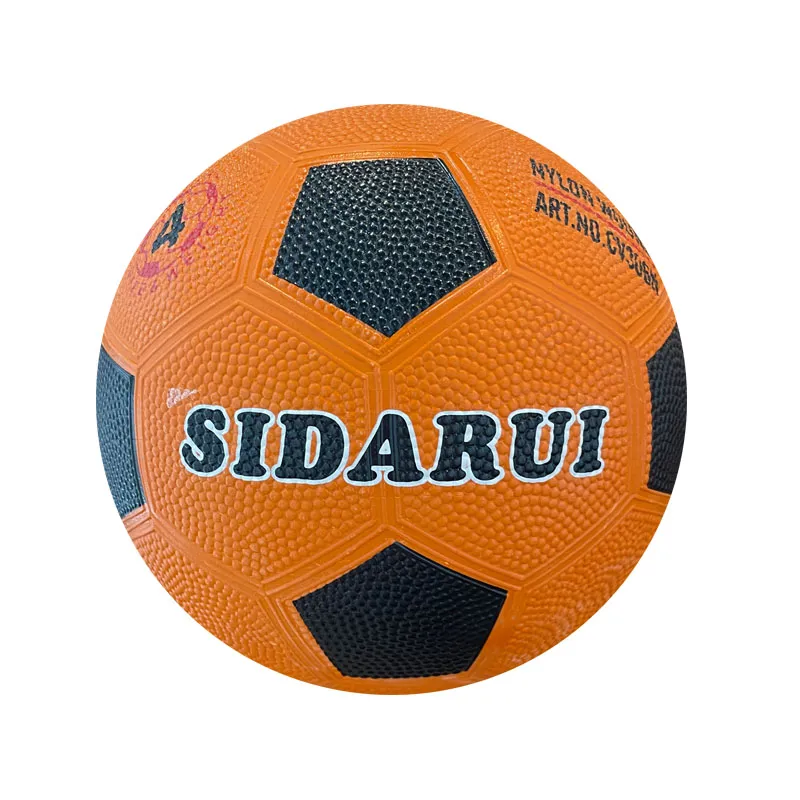
When evaluating volleyball suppliers, the first aspect to consider is product quality. An examination of long-term successful retailers reveals that they prioritize suppliers whose volleyball products meet stringent quality standards. Whether you are sourcing volleyballs, nets, or accessories, it's essential that they adhere to regulated durability and performance criteria. Reputable suppliers often provide certification of their product standards, enhancing their trustworthiness in the market.
Professional expertise further dictates that suppliers should not only meet quality standards but also offer a diverse product range. A supplier with an extensive inventory allows retailers to offer variety, catering to different customer needs and preferences. This diversity could include beach volleyballs, indoor balls, training equipment, and even team apparel. Retailers experienced in the field suggest that working with suppliers who are continuously updating and expanding their product lines gives them a competitive edge.

Moreover, it's essential to reduce logistic complexities by partnering with suppliers who possess a robust distribution network. An authoritative supplier will have an efficient supply chain, ultimately reducing shipment time and costs. This efficiency is frequently highlighted by industry experts as a critical component in maintaining inventory levels and avoiding stockouts, which can negatively affect retail business stability.
One often overlooked but significant factor is the supplier's customer service. Experiential insights emphasize the value of suppliers who provide excellent customer support, ensuring a seamless purchasing process. Prompt and transparent communication regarding order status, shipment tracking, and issue resolution sets the foundation for a trustworthy business relationship. Manufacturers and suppliers who maintain open lines of communication typically score high on retailer satisfaction surveys and foster long-term partnerships.
volleyball wholesale suppliers
Beyond customer support, the authority of a supplier also depends on their terms of trade, including payment flexibility, return policies, and minimum order requirements. Suppliers offering flexible terms enable retailers to manage their cash flow more effectively and respond agilely to market demands. Successful sports retailers often report that collaborating with suppliers who offer favorable trade conditions has allowed them to scale their operations efficiently.
Market trends show that eco-friendliness is increasingly influencing consumer choices. Thus, working with volleyball suppliers who emphasize sustainable manufacturing practices can enhance a retailer's market position. Products made from recycled materials or suppliers with environmentally conscious initiatives are increasingly appealing to the modern consumer base committed to supporting green businesses. Establishing partnerships with such suppliers not only boosts credibility but can also make a retailer a leader in promoting sustainable sports gear.
Finally, conducting due diligence on potential suppliers cannot be underestimated. Researching a supplier’s reputation through industry reviews, customer testimonials, and trade references can unearth invaluable insights into their operational reliability. Veteran retailers often share that vetting potential suppliers thoroughly prevents future disruptions and ensures consistent product quality.
In conclusion, selecting volleyball wholesale suppliers involves a strategic assessment of several key factors product quality, range, logistic capabilities, customer service, trade terms, sustainability efforts, and supplier reputation. By aligning with suppliers who excel in these areas, retailers can enhance their operational efficiency, meet ever-changing consumer demands, and ultimately achieve business growth in a competitive market landscape.






